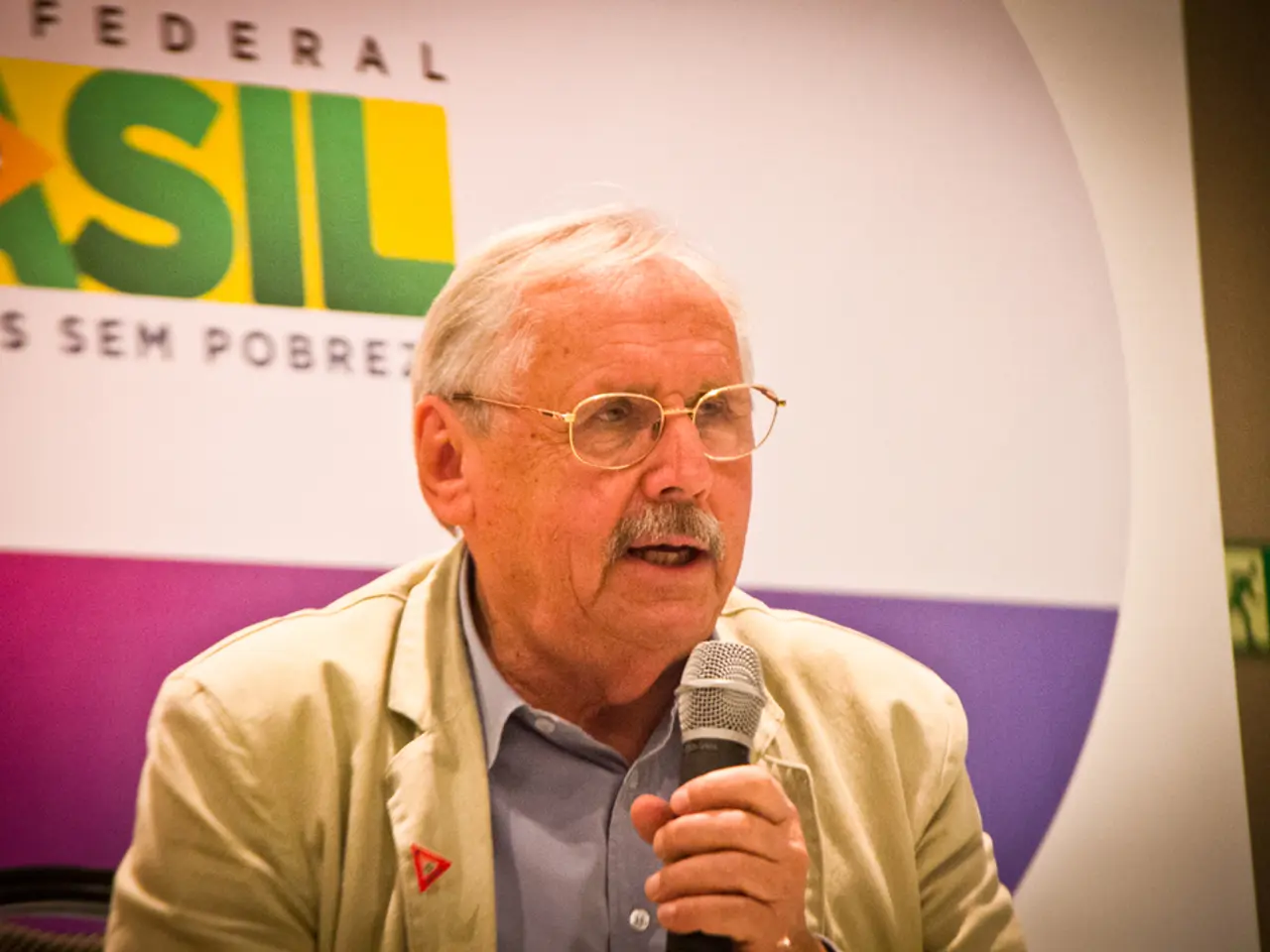Former political detainee Sergey Sparysh finds interacting with criminals to be the most challenging
In Belarus, political prisoners are finding themselves mixed with common criminals in the country's prisons, leading to a challenging and mentally taxing environment.
One such activist, Sergei Sparysh, who was released from prison in September 2021, has spoken about the forced communication with criminals being the hardest part of his incarceration. This experience significantly affected his mental state.
Siarhei Sparysh, another activist, believes that if the power in Belarus had changed in 2020, the war in Ukraine could have been prevented. He also emphasises the importance of maintaining human dignity in a totalitarian system and considers economic pressure on the regime as an effective way to bring about change.
The lack of access to books is another issue that political prisoners face. For instance, in the Mogilev colony, political prisoners are limited to fewer books than ordinary criminals. In some cases, like the Shklov colony VK-17, political prisoners are not allowed any books at all.
Lack of hygiene and medical care is another common issue in Belarusian prisons. A former inmate reported that political prisoners in Shklov colony VK-17 are not provided with basic necessities, including books. A doctor in Belarusian prisons may only offer an aspirin for a headache or stomach pain. Moreover, a person could be denied medication, potentially leading to serious health complications like insulin shock or inappropriate behavior.
The authorities in Belarus are maintaining a high level of repression due to their fear of people's activism, according to Sergei Sparysh. This fear has led to the imprisonment of individuals for political reasons without any involvement in overt political activities.
An example of this is Nikolai Statkevich, who was arrested before the 2020 election, sentenced to 14 years in prison for organizing "mass unrest," spent over two and a half years in solitary confinement, was briefly pardoned and released in September 2023 with 51 other political prisoners, but refused deportation to Lithuania and was subsequently re-imprisoned in Belarus.
Furthermore, Lukashenko has ordered anti-Polish sentiment to be vaccinated starting from schools, but more information about this policy is not available.
Despite the challenges, there are signs of dissent within the Belarusian penal system. Siarhei Sparysh mentions that he overheard conversations indicating that some employees within the system desire to leave due to the harsh conditions.
This situation raises concerns about the treatment of political prisoners in Belarus and the need for reform in the country's penal system.







